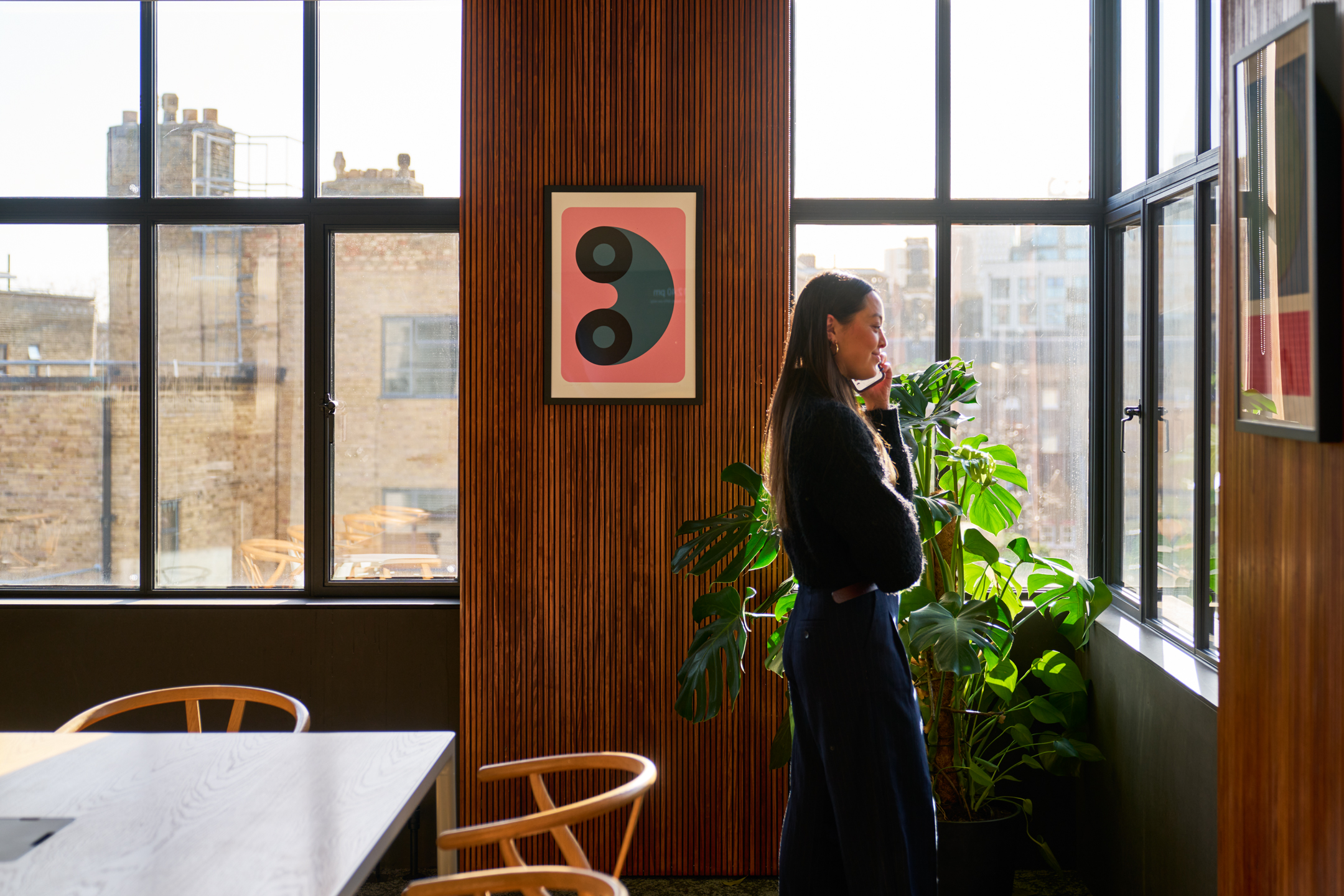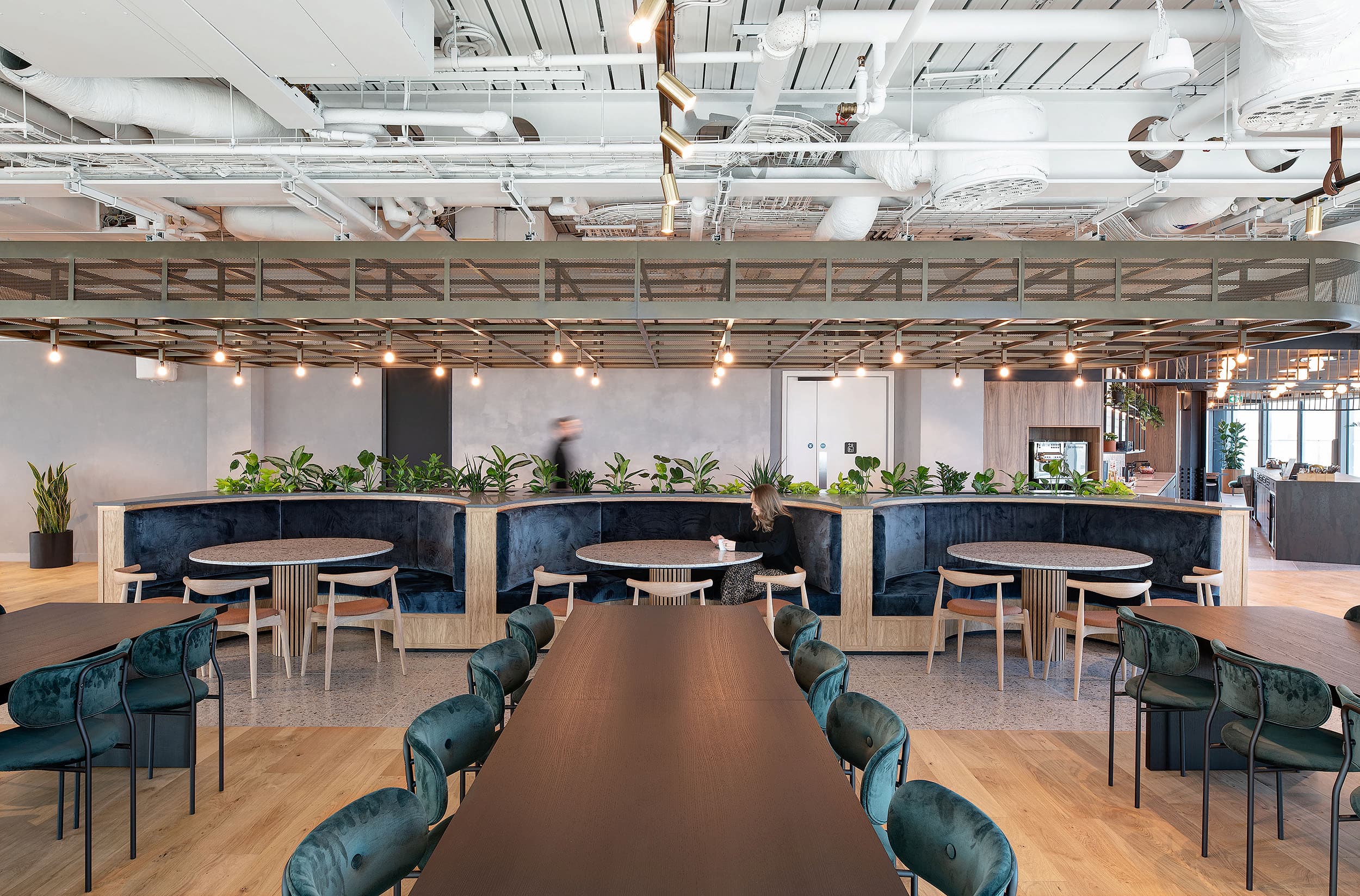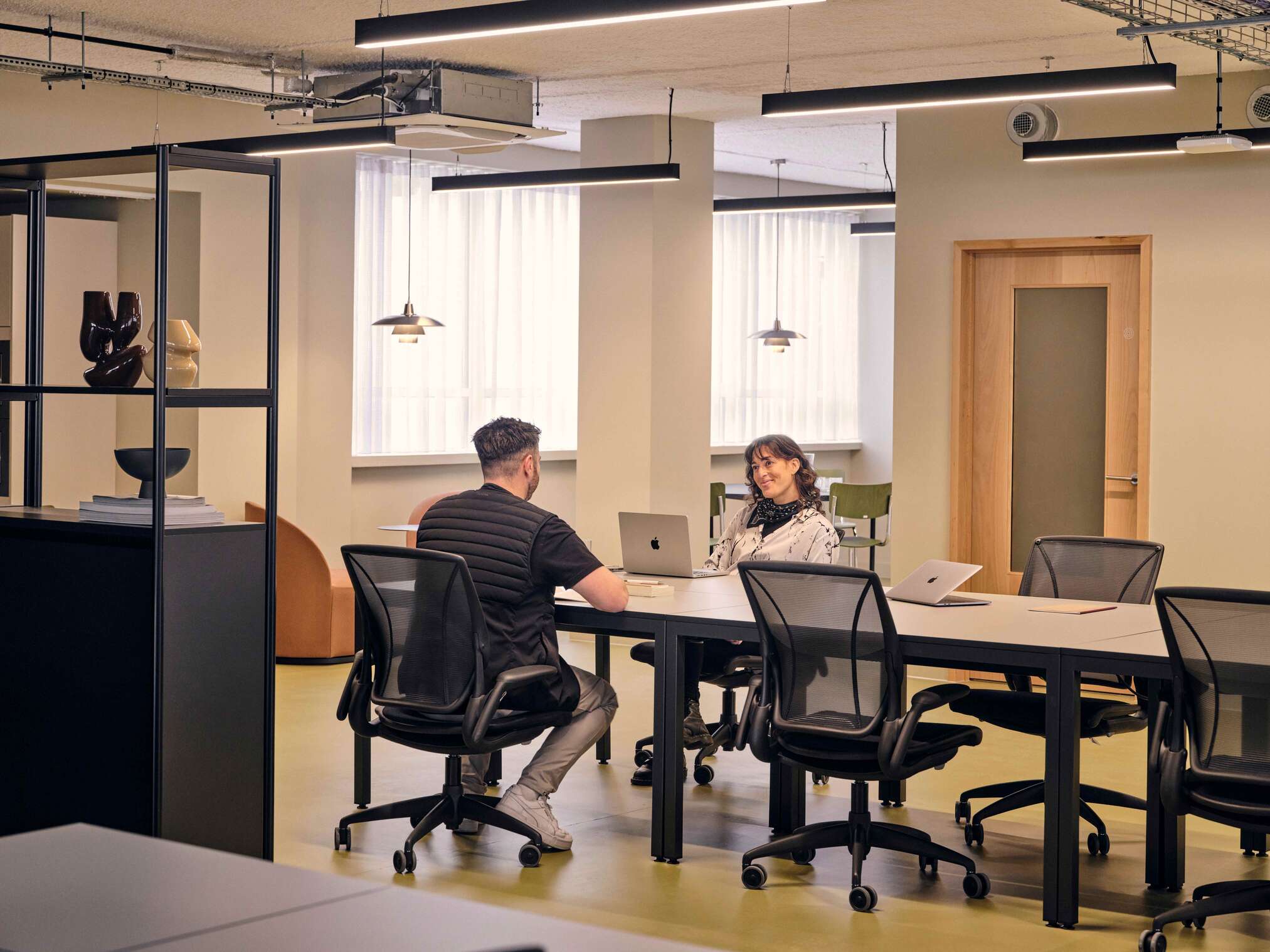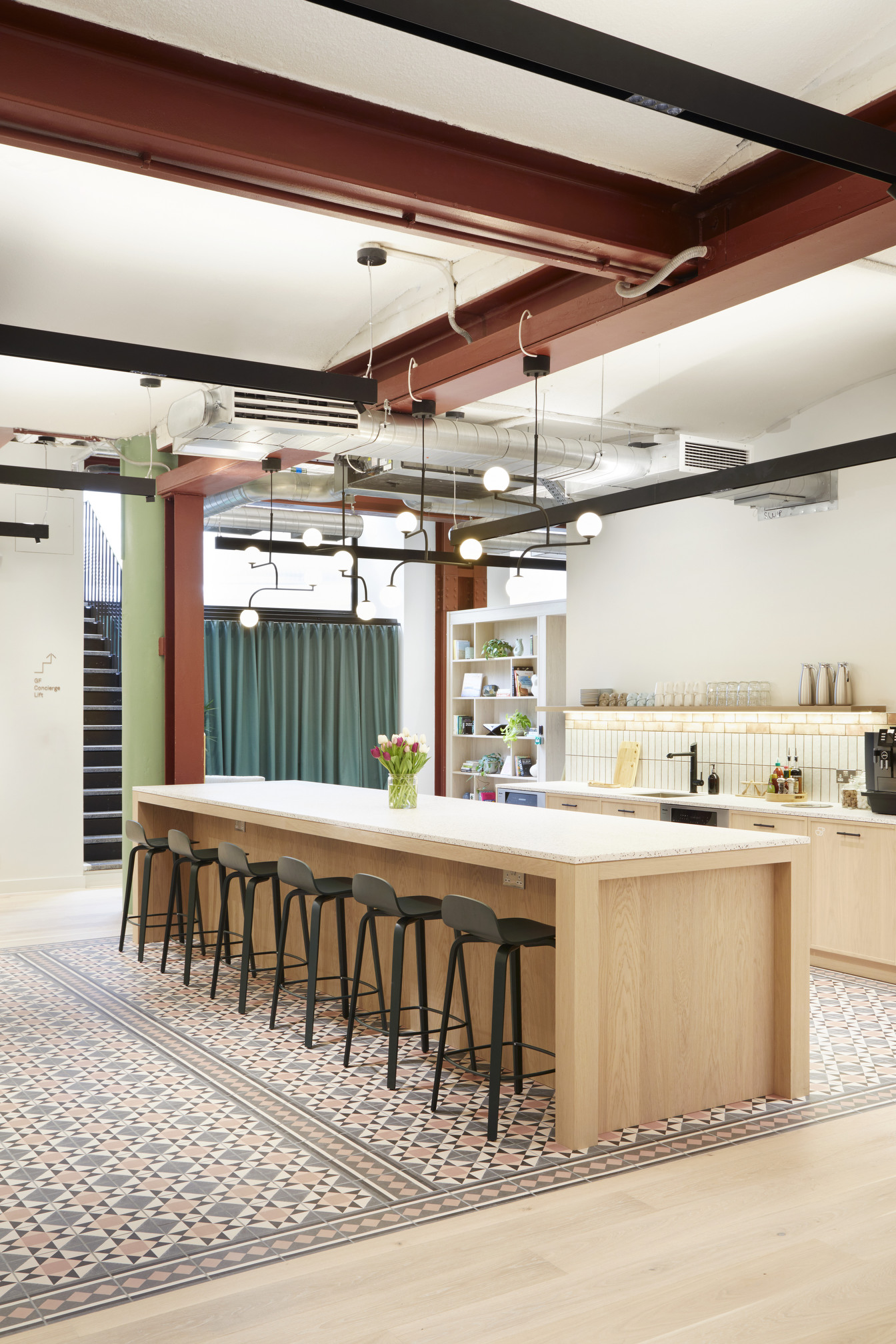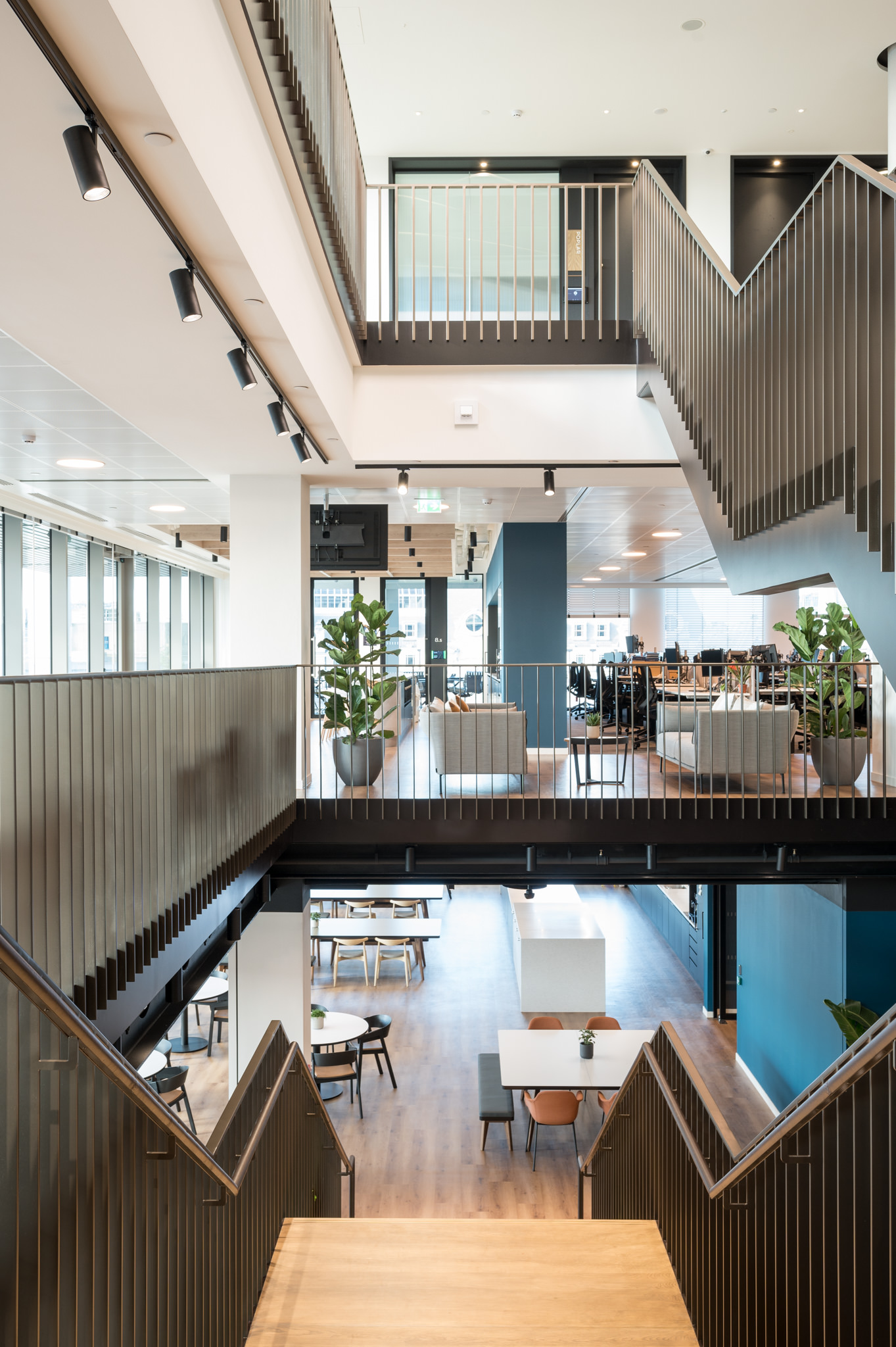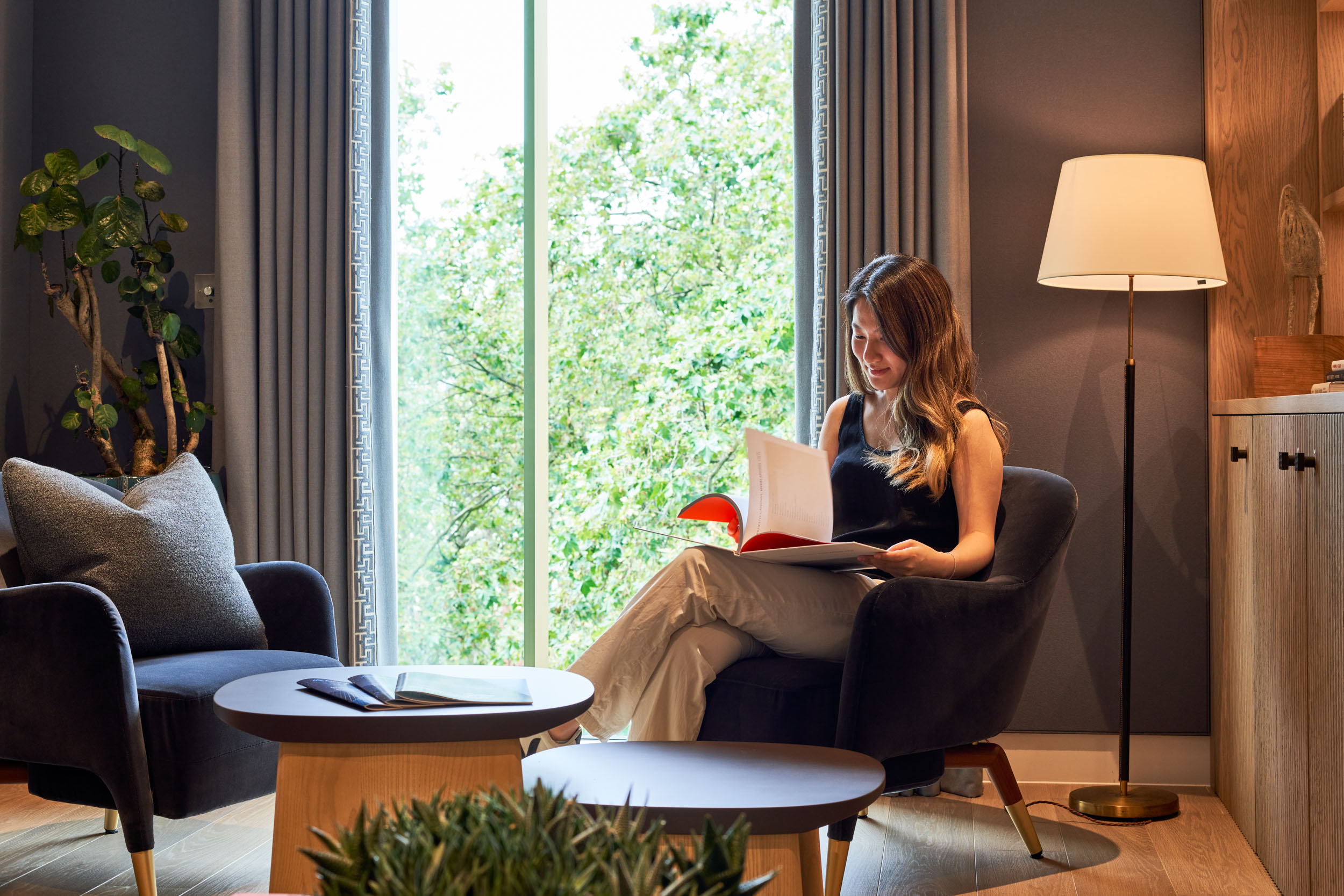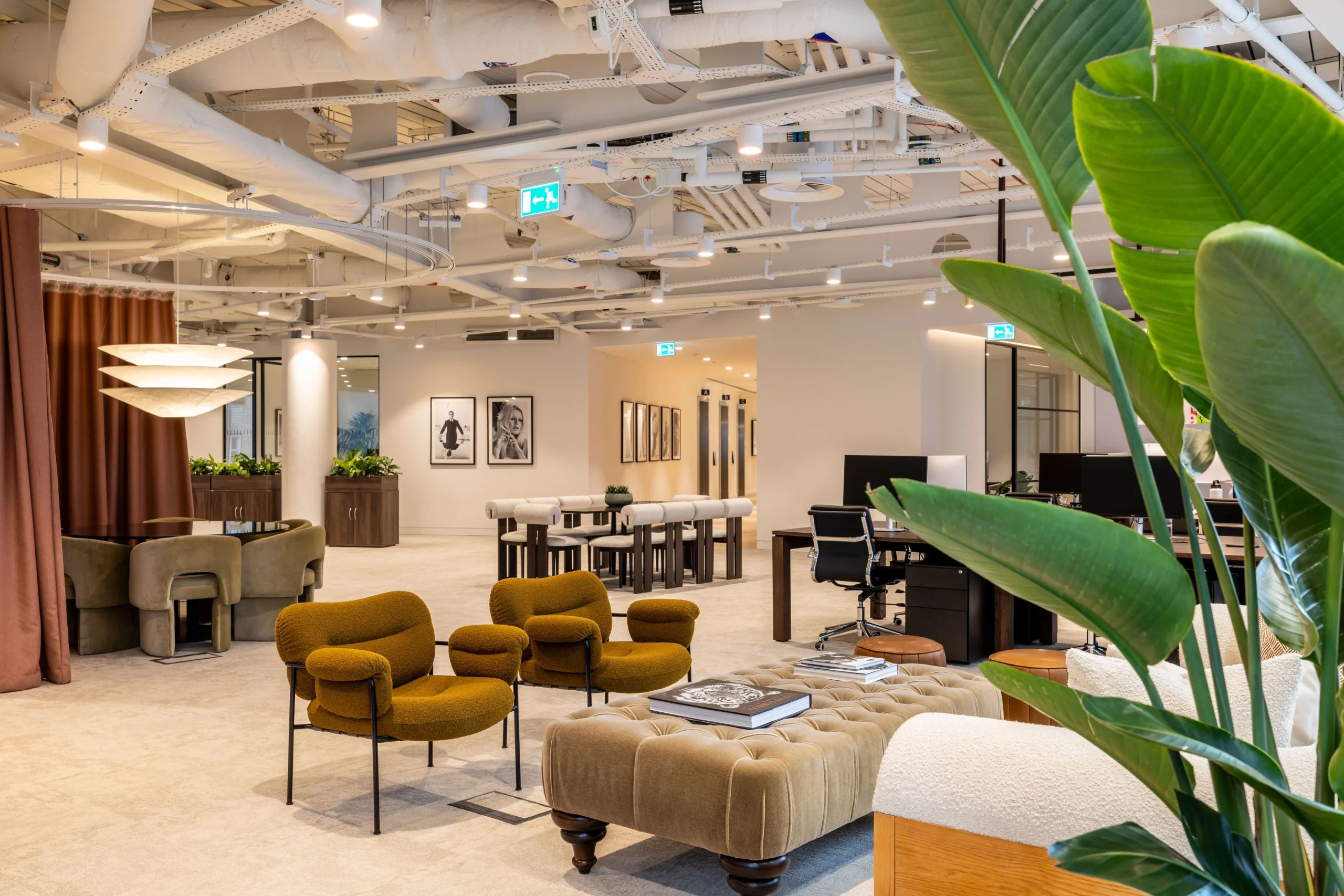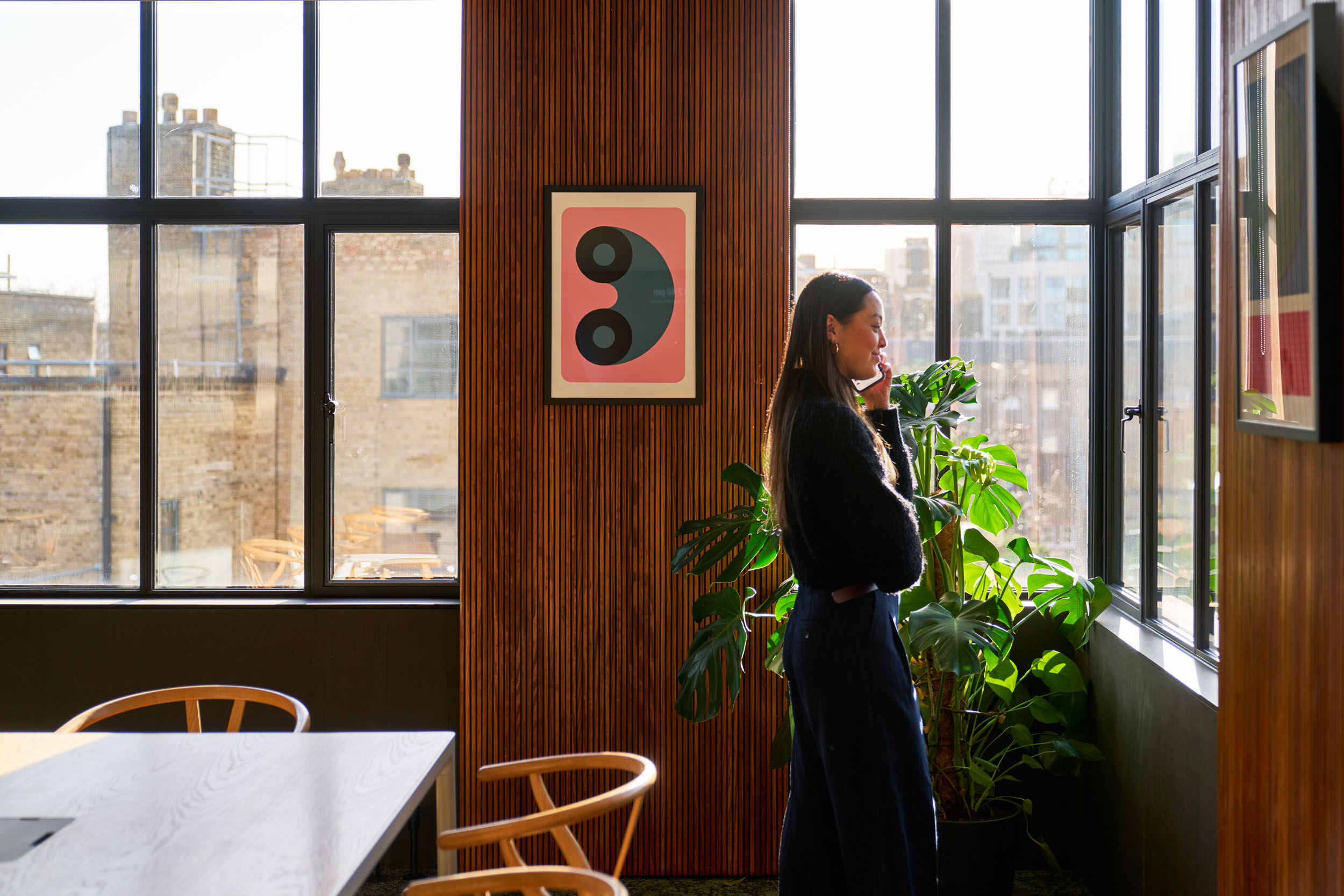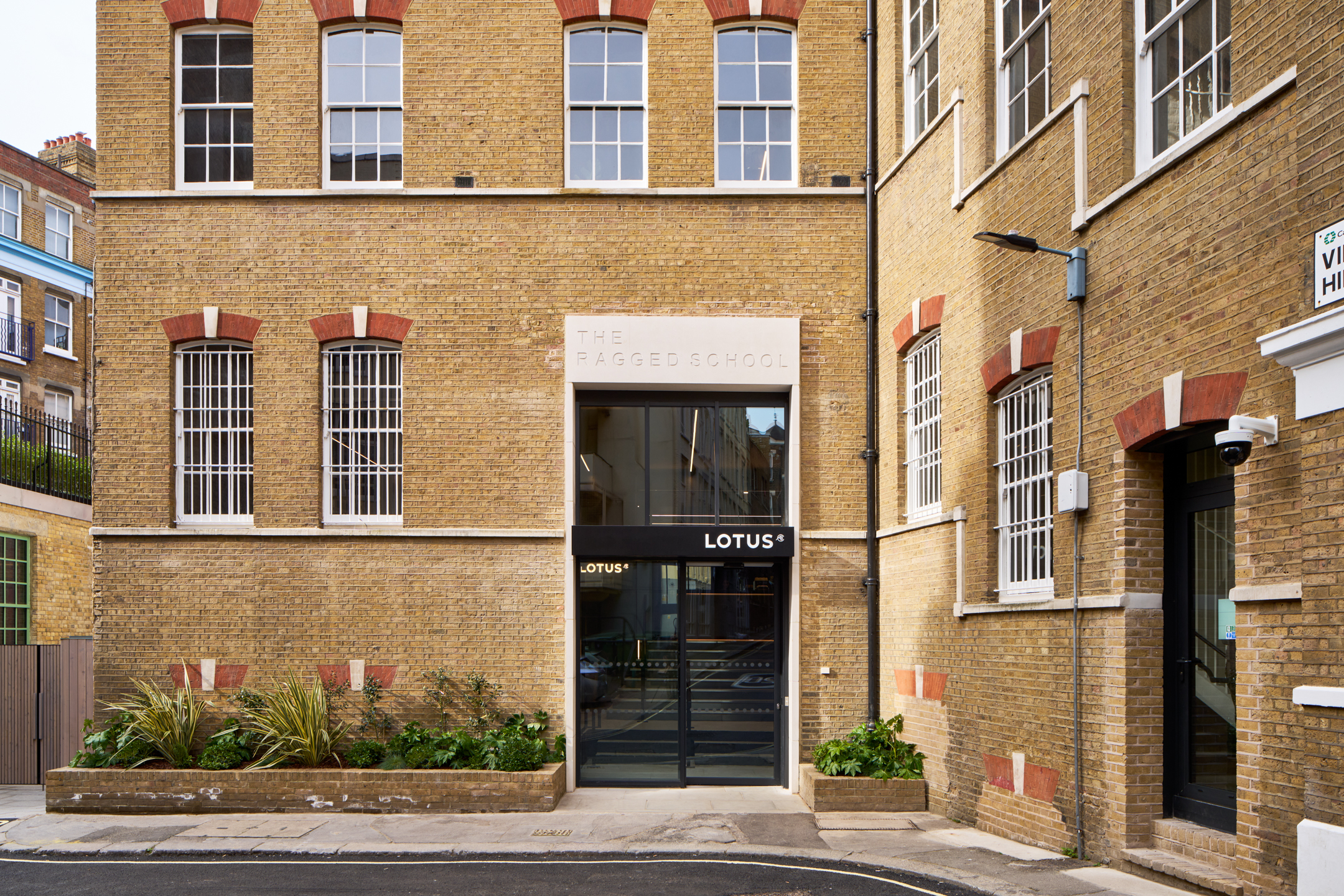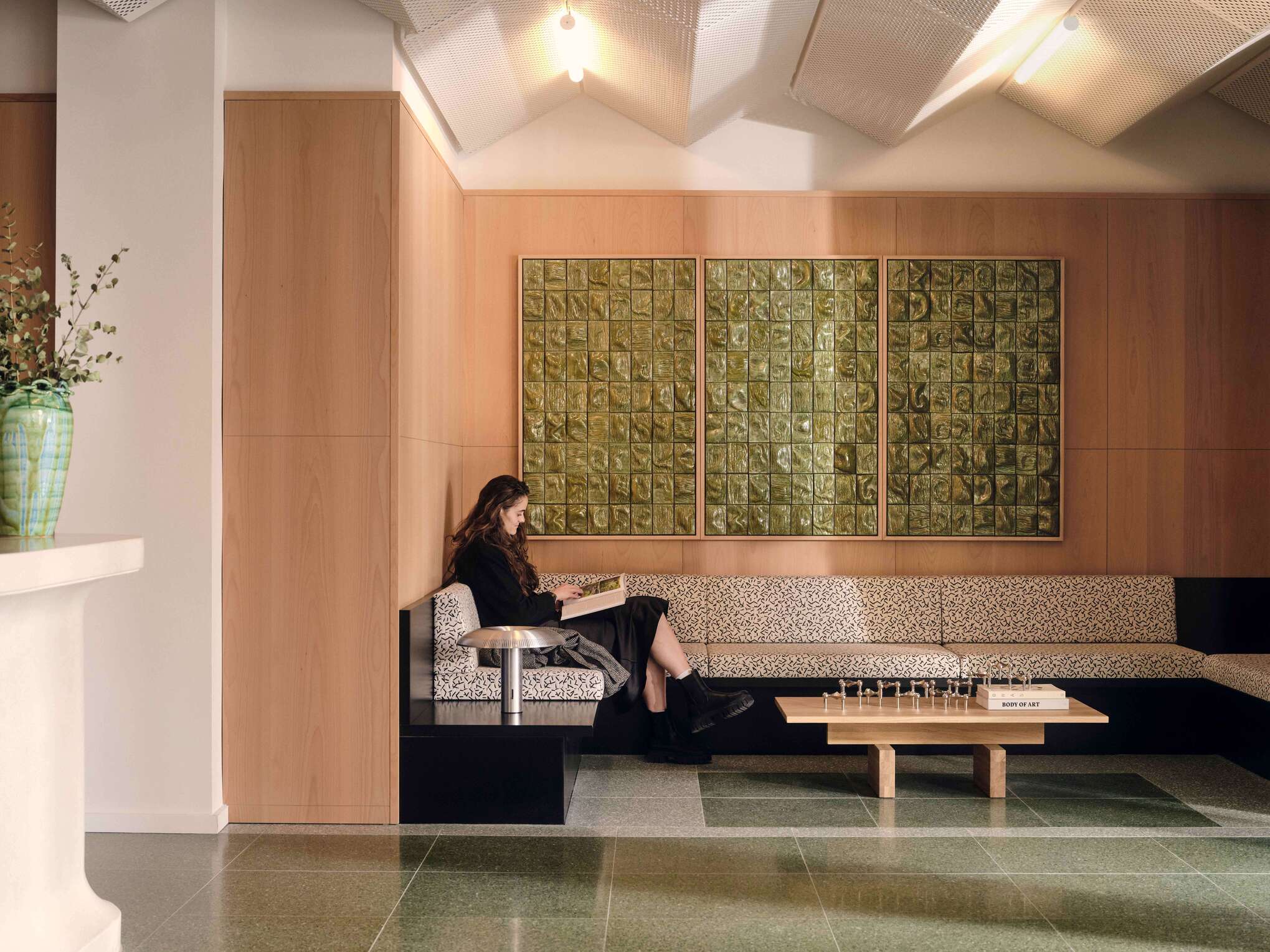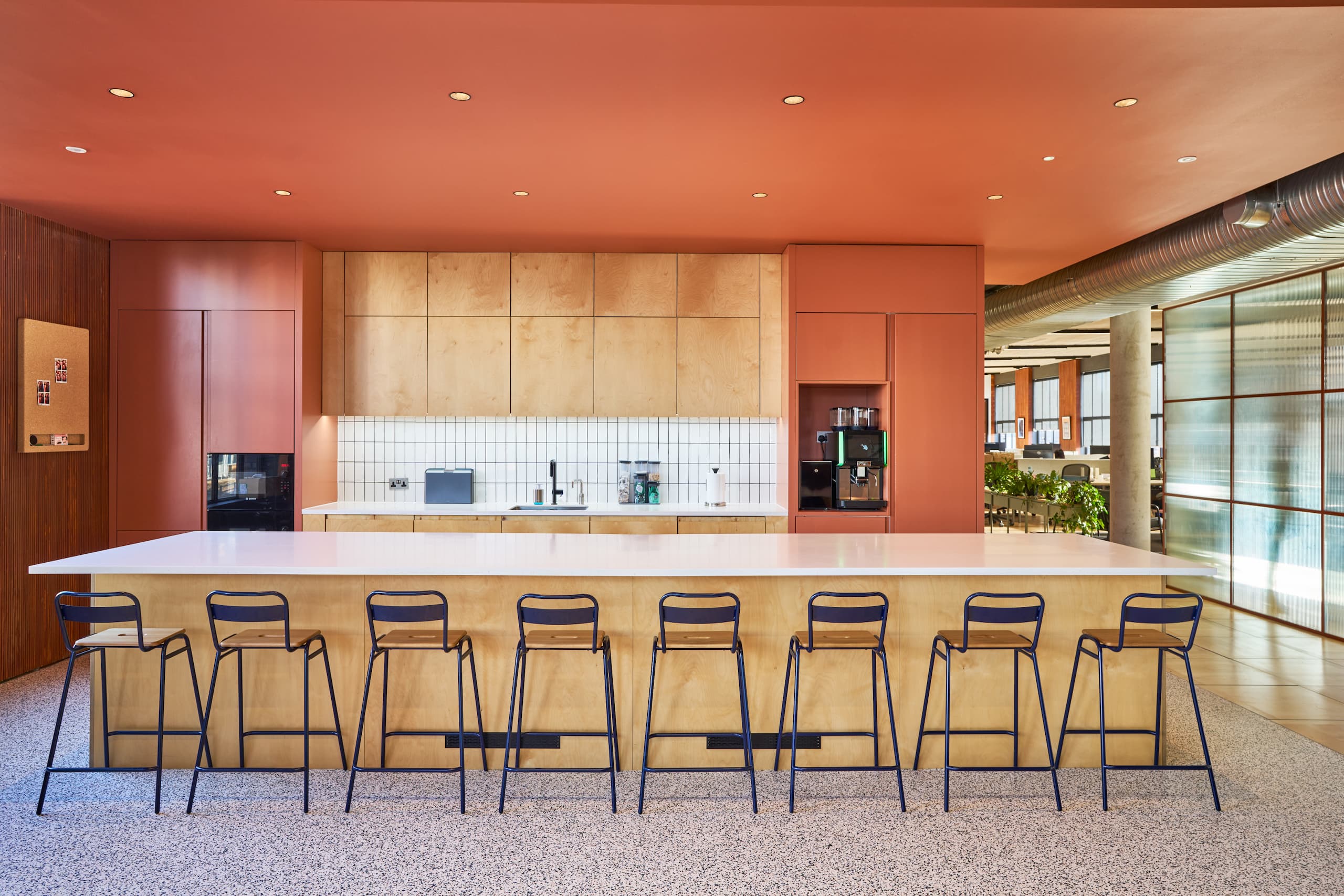A Look Back at FOOTPRINT+ 2024
On the 9th of May, we attended FOOTPRINT+, the most advanced international conference dedicated to decarbonising the built environment.
The annual event facilitates discussion and knowledge sharing between industry-leading professionals, highlighting the latest technologies, research findings and case studies that are paving the way towards a sustainable future. This year’s event showcased some staggering statistics, notably that the UK’s construction industry currently generates enough waste to fill the Tottenham Hotspur stadium daily. This article compiles the topics discussed, emphasising the key figures and takeaways from this year’s event.
Changing Regulations and Market Drivers
Co-founder of LifeProven, Adam Hinds, delivered an outstanding presentation on ESG for Asset Performance, underscoring changing regulations such as the Level 2 requirements for the Sustainable Finance Disclosure Regulation (SFDR). The Level 2 requirements mandate annual disclosure of a building’s Energy Performance Certificate (EPC) in order to drive investment towards energy-efficient buildings; a positive step for sustainable development, but detrimental to underprepared asset owners. Adam was joined in discussion by Juliet Price, one of our talented Project Directors, who explained how partnering with a sustainability-focused design and build firm is necessary to meet high-quality ESG standards. Juliet cited our framework partnership with The Canary Wharf Group as an example of this.
This year saw the launch of the UK Net Zero Carbon Buildings Standard (NZCBS), a framework for achieving and accrediting net-zero carbon buildings. Adhering to these standards is crucial for developers aiming to contribute to the nation’s carbon reduction targets. A panel sponsored by Rider Levett Bucknall discussed these stringent standards and the changes necessary for developers, architects, and designers to undertake to align with the UK NZCBS.
Various impact lending frameworks were discussed at FOOTPRINT+, in particular the framework by Puma Property Finance, who offer a discount to developers that meet specific environmental performance indicators, such as achieving an EPC B rating, meeting Silver Next Gen Sustainability Benchmark Project status, or receiving the Edge accreditation. This framework aims to make sustainable development more attractive and financially feasible, and signifies a shift towards newer accreditations such as Edge over traditional benchmarks like BREEAM.
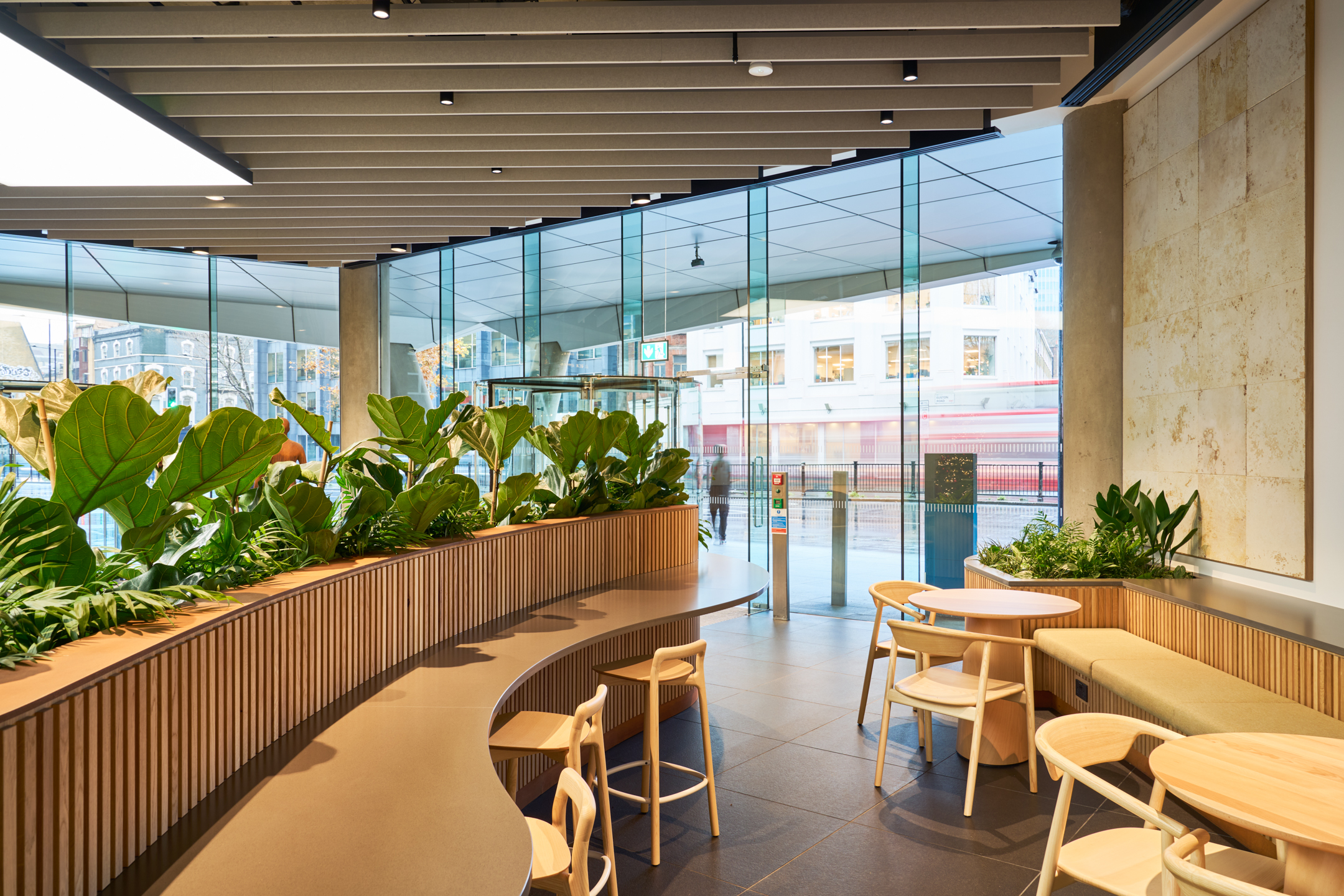
Capturing Carbon Data
Tim White, COO of Modus’ parent company, Workplace Futures Group, shared the carbon monitoring software that provides the most comprehensive and accurate data in today’s market, such as QFlow and One Click LCA, and emphasised the role this software plays in tracking progress towards sustainability goals and identifying areas for improvement.
Using this software, Kayleigh Nobbs from Ambit (sister company to Modus) and Bertie van Wyk, Senior Insight Strategist at MillerKnoll, revealed the striking statistic that a one-hour high-definition video call generates 2.8kg of CO2, underscoring the need for accurate carbon monitoring data and sustainable practices in digital operations, as well as physical ones.
Mainstreaming Net-Zero Materials
Although FOOTPRINT+ showcased many innovative and carbon-neutral materials such as bioplastics, mycelium insulation and recycled carpet tiles, a panel hosted by Matthew Margetts at Smarter Technologies brought attention to the insurance and warranty barriers hindering their widespread adoption. Securing funding for industry-standardised testing and creating industry demand for a new material can be challenging. Potential solutions proposed in the discussion included strategic marketing of new carbon-neutral materials to raise industry awareness and drive demand, as well as introducing legislative changes to incentivise the testing of carbon-neutral materials.
Incentivising Retrofits
Retrofitting was a key topic throughout the conference and formed the basis of many panel discussions and case study presentations. British Land showcased their recent project, 3 Sheldon Square, demonstrating how retrofitting existing buildings significantly reduces carbon emissions while providing economic benefits. Additionally, Troup Bywaters Anders sponsored a panel which discussed the importance of developing “green skills” in the next generation of workers to facilitate the widespread adoption of retrofit projects. Since 70% of global building emissions come from building operations, prioritising high-quality retrofits is essential to the net-zero effort.
Delivering Biodiversity in Urban Environments
Biodiversity was also a prevalent topic at FOOTPRINT+ this year. A conversation led by RSK focussed on the on-site Biodiversity Net Gain (BNG) requirements specified by the Environment Bill and how to deliver these in dense urban environments. Solutions such as green roofs and living walls were discussed, as these building techniques offer healthy and biodiverse spaces in more challenging sites. The BREEAM outstanding Eden Project in Salford, designed and presented by Muse, exemplified this, as the building’s entire façade is a living wall, resulting in a 2000% increase in Biodiversity Net Gain. Such initiatives showcase the potential dense urban environments can hold for boosting biodiversity in cities.
From innovative financing frameworks and carbon monitoring software to the mainstreaming of carbon-neutral materials and advanced retrofitting techniques, the FOOTPRINT+ conference showcased numerous ways to achieve a sustainable future. It was inspiring to see so many professionals in the real estate and construction industries actively engaged in addressing these pressing issues and outlining the steps necessary to make a net-zero future viable.
At Modus, we’re committed to integrating these insights into our projects and continually pushing the boundaries of sustainable office design and construction. Discover more about our contribution at FOOTPRINT+, or explore the findings from our study into the embodied carbon of office partitions.
